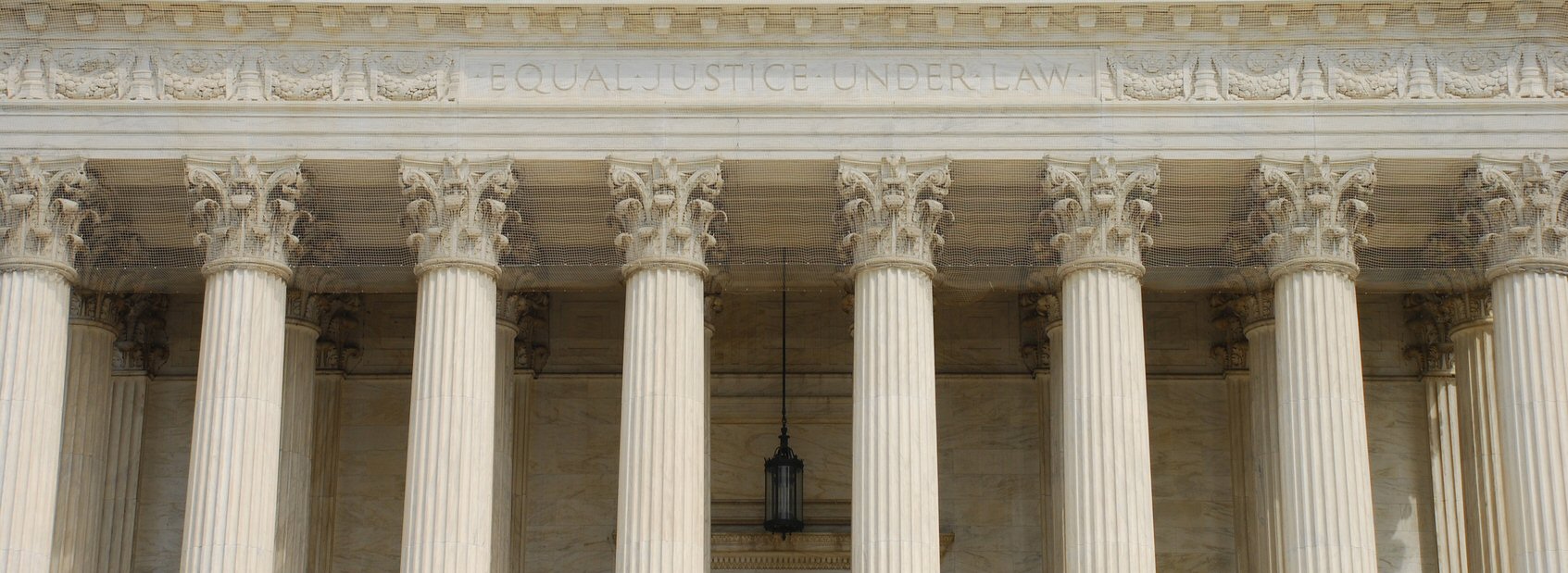Position Statement – 2015
A.107 / S.3544
Shared Renewable Facilities
Support
The Women’s Bar Association of the State of New York (WBASNY) supports S.3544 and the identical A.107. These bills would allow electric utility customers who are unable to install renewable energy systems (such as solar panels and wind turbines) on properties where they live to join with others to invest in such systems on other properties. This would benefit renters, those who live in high-rise buildings that have one small roof for many inhabitants, and those who own property not well-suited for these systems.
The New York State Assembly’s bill memo explains that:
“The shared renewable energy program created by this bill will provide the opportunity for electric customers, especially multi-dwellers, to invest in shared renewable energy facilities and see tangible economic benefits in their utility bill. Specifically, customers of an electric corporation would be able to receive credit against their usage for electricity produced by shared renewable energy facilities to which they subscribe.
Under this bill, the Public Service Commission would determine which areas of the electric grid would benefit from increased distributed generation and permit the interconnection of shared renewable energy facilities that meet standards pursuant to this act. This will ensure that projects are being located in areas that provide the most benefits to the state as a whole.
Additionally, a shared renewable energy program will unlock a new market and unleash massive new private investment in New York State. This bill will provide significant financial, health, environmental and workforce benefits to the state, and promote energy independence, security and grid resiliency.”
This legislation will increase the production of renewable, clean energy in New York State and decrease the burning of fossil fuels and greenhouse gas production. WBASNY’s support of this legislation is consistent with its 2013 Position Statement titled “Actions to Mitigate Climate Change and Eliminate Pollution from Energy Sources.” That Position Statement explained:
“Greenhouse gas emissions must be cut as much and as soon as possible. According to the U.S. Global Change Research Program, ‘Reducing emissions of carbon dioxide would lessen warming over this century and beyond. Sizable early cuts in emissions would significantly reduce the pace and the overall amount of climate change. Earlier cuts in emissions would have a greater effect in reducing climate change than comparable reductions made later. In addition, reducing emissions of some shorter-lived heat-trapping gases, such as methane, and some types of particles, such as soot, would begin to reduce warming within weeks to decades.’
In addition to climate change, the extraction and burning of fossil fuels create pollution that causes premature deaths and serious health problems. The U.S. premature mortality rate from cardiovascular disease, respiratory disease, and complications from asthma due to air pollution has been calculated conservatively to be at least 50,000–100,000 per year. Air pollution also causes chronic illness (bronchitis, heart disease and asthma) in many people. In addition, the extraction of oil, natural gas and coal has caused contamination of surface water and groundwater. Children can be disproportionately affected by pollution because they drink more water and breathe more air relative to their size than adults do, their bodies are not fully developed, and their growing organs can be more easily harmed. Fetuses likewise can be adversely affected by pollution. This sensitive population, as well as the general public, suffers from an energy infrastructure that relies on fossil fuels.”
In addition to decreases in greenhouse gas emissions and pollution, this legislation will result in lower energy costs for those who invest in shared renewable energy facilities. For many families, the cost of home energy is the second highest cost after the mortgage or rent. Any reduction in that cost will help families that are struggling to pay for shelter, heating, food and other necessities.

